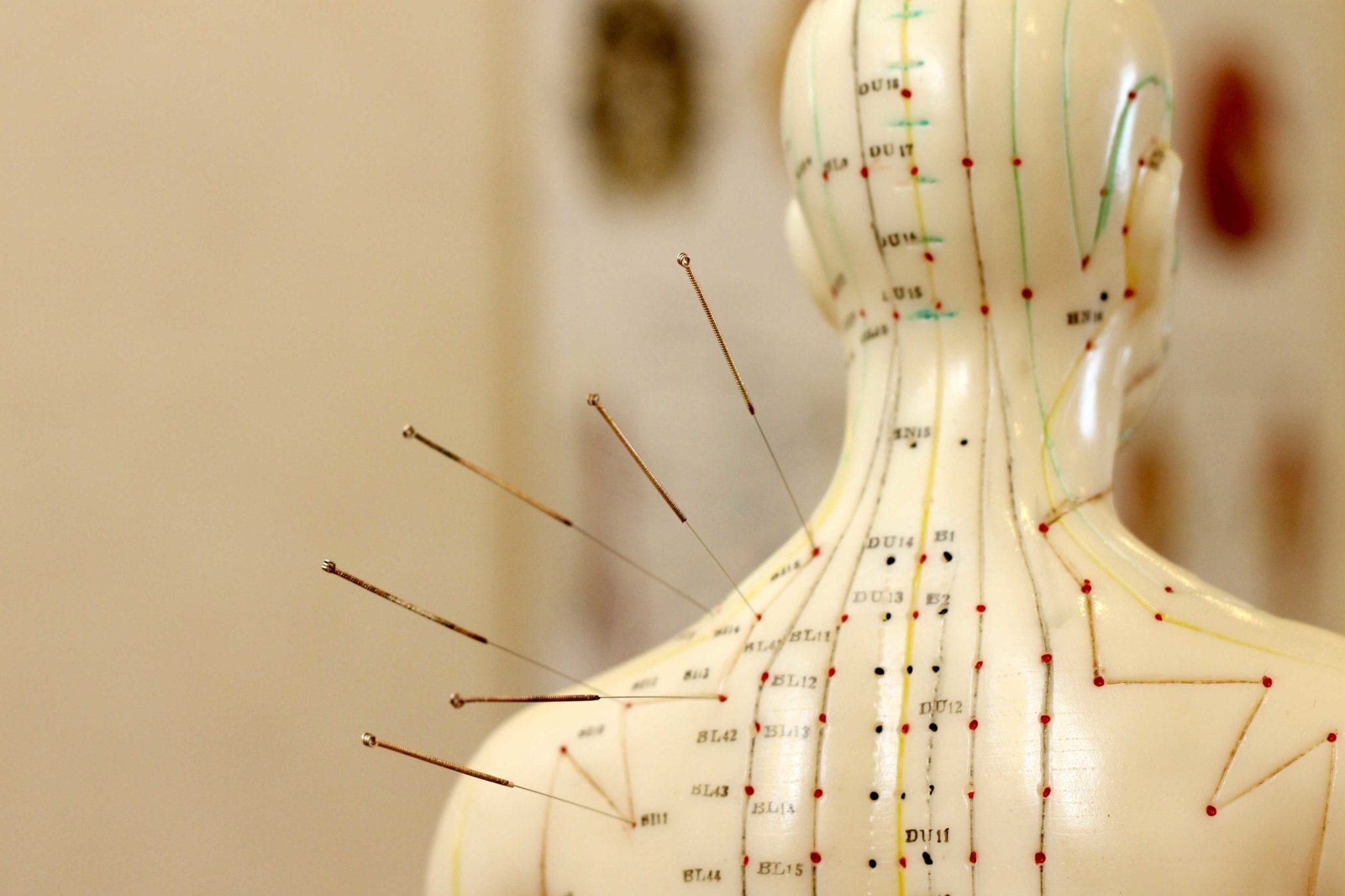What is acupuncture?
Acupuncture is one of the longest established forms of healthcare in the world. It originated in China approximately 2,500 years ago is now practised across the globe.
At the clinic we use a traditional theory, the focus is on the individual, rather than an isolated complaint. The physical, emotional, and mental aspects of life are seen as interdependent. We use subtle diagnostic techniques, such as taking the pulse and observing the tongue, that have been developed and refined for thousands of years. Treatment involves the insertion of very fine needles into specific points on the body to regulate the flow of ‘qi’ along pathways in the body known as ‘meridians’. We may also use other techniques such as moxibustion, cupping, tuina/massage, and guasha.
Recognised Benefits Based on Clinical Research:
✔️ Chronic pain conditions, including back pain, osteoarthritis, and headaches.
✔️ Women’s health issues, such as menstrual irregularities, fertility, and menopause symptoms.
✔️ Digestive conditions, including irritable bowel syndrome (IBS).
✔️ Mental health concerns, such as anxiety and depression.
✔️ Allergy-related conditions, including allergic rhinitis and asthma.
✔️ Cancer-related fatigue, providing symptom relief during and after treatment.
📌 Book a consultation today to experience how acupuncture can support your health and well-being.

Acupuncture recommended for chronic pain by UK’s main health watchdog:
The publication of a new guideline for chronic pain treatment by the National Institute for Health and Care Excellence (NICE) is a major advance for the recognition of acupuncture as a legitimate clinically effective treatment in the UK. This is the first time that NICE has released a guideline specifically focused on chronic primary pain where there is no underlying condition that adequately accounts for the pain or its impact.
Around a third of the UK population reports suffering from a chronic pain condition, often accompanied by significant emotional distress, functional disability and absence from work. Common conditions that fall into this category include fibromyalgia, myofascial pain, and chronic neck, back and pelvic pain.
In a significant change to their pain treatment policy, NICE no longer endorses the use of painkillers, instead directing doctors to offer patients with primary chronic pain one of four recommended treatments: exercise, talk therapy, acupuncture and antidepressants.
How can acupuncture help fertility?
It regulates fertility hormones – stress and other factors can disrupt the function of the hypothalamic pituitary-ovarian axis (HPOA), causing hormonal imbalances that can negatively impact fertility. Acupuncture has been shown to positively affect hormone levels and aid fertility.
It improves blood flow to the ovaries (Stener-Victorin 2006, Lim 2010), enhancing the environment in which ovarian follicles develop. It also increases blood flow to the uterus (Stener-Victorin 1996, Huang 2008), improving the thickness of the endometrial lining and increasing the chances of embryo implantation.
It counteracts the effects of polycystic ovarian syndrome (PCOS) – PCOS is one of the most common causes of female infertility. By reducing sympathetic nerve activity and balancing hormone levels, acupuncture has been shown to reduce the number of ovarian cysts, stimulate ovulation, enhance blastocyst implantation and regulate the menstrual cycle in women with PCOS.

